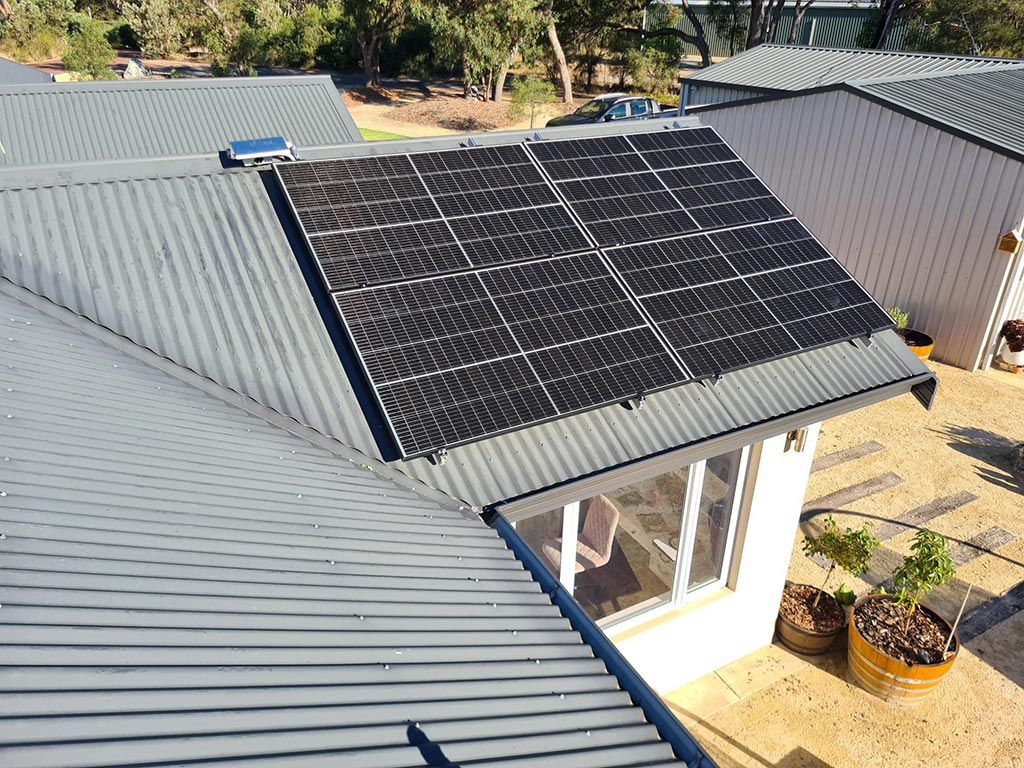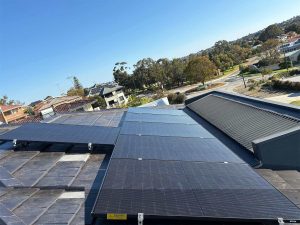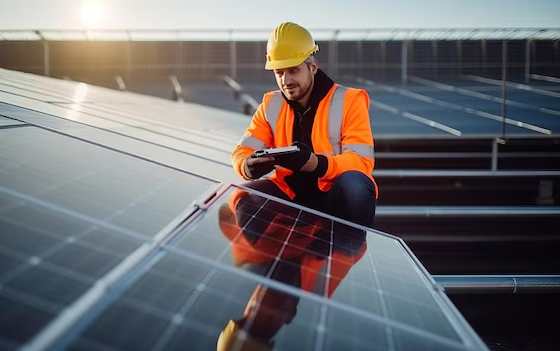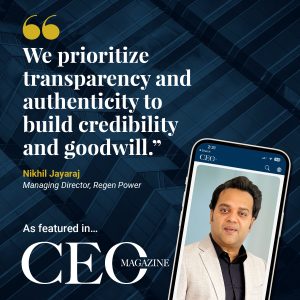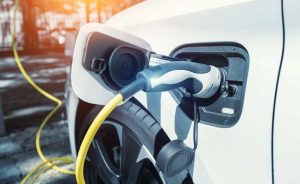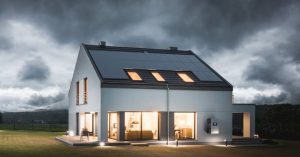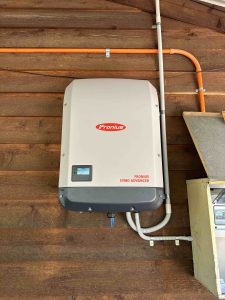Installing rooftop solar panels? Here are the main topics you should discuss with your installer. The Australian Solar Council estimates that there are currently more than 3 million installations of solar panels on rooftops across the country. Of these, over 850,884 are in Queensland, followed by New South Wales with just over 108,922. Western Australia has the third-highest number of installations, just under 47,653, and South Australia is fourth with just over 35,599.
In Western Australia, the Solar Energy Act 2011 requires all new residential and commercial developments to have a minimum of 2.3% of their total energy needs met by solar panels. This is the equivalent of around 250 kW of solar panels for a typical new home. There are also several solar rebates and incentives available in Western Australia, including the Solar Bounty program, which provides a refund per kilowatt-hour (kWh) of electricity generated by solar PV systems, and the Solar Feed-in Tariff, which offers a payment per kWh for excess electricity generated by solar PV systems that are exported back to the grid.
In other states, the situation is similar, with all new developments required to have a minimum amount of solar PV installed and several solar rebates and incentives available. So if you’re considering installing solar PV panels on your rooftop, now is a great time to do it!
#1 Is My House Right for Solar?
When it comes to solar, there are a few things to consider to see if your home is suitable for solar.
- The amount of sun that your roof receives is a significant factor. Solar panels may not be the best option for you if your roof doesn’t get a lot of direct sunlight.
- The direction of your roof is also essential. Solar panels work best when facing the sun, so a south-facing top is ideal.
- The cost of electricity in your region is another thing to keep in mind. In some areas, solar can help you save money on your electric bill.
- The government rebate in your region is also something to consider. In some areas, the government offers a refund for solar installations.
- Solar panels, solar inverters, solar rebates, solar finance, solar packages, and solar installers are all critical factors to consider when deciding if solar is right for your home.
#2 Is My Electricity Bill That High? How Much Money Do I Save?
Solar panels are a great means to save costs on energy bills. You can save up to 50% on your energy bill by switching to solar. They are also a great way to save the environment as they generate clean, renewable energy that doesn’t produce greenhouse gases.
Solar panels can help you save money on your electricity bill each month. You could save up to $200 per year on your electricity bill by installing solar panels. This is because solar panels allow you to generate electricity, so you don’t have to rely as much on your power company.
Not only that, but you may also be eligible for certain government rebates and incentives when you install solar panels. These can further offset the cost of installation and help you save even more money in the long run.
So, solar panels are worth considering if you’re looking to save money on your electricity bill and take advantage of government incentives.
#3 How Much Does A Solar System Cost? What Package Should I Select, 6kw Or Above?
The cost of a solar system will vary depending on the size and type of plan you choose. A 6kW system will typically cost between $5,200 and $8,700. The package you select will also affect the cost, as larger systems will generally be more expensive. Additionally, you may need to factor in the price of permits, installation, and tax credits.
#4 Shall I Go For A Finance Option?
Solar finance in Australia works by allowing people to finance the purchase and installation of solar panels on their homes or businesses. Solar finance can be used to pay for the upfront costs of installing solar panels and the ongoing costs of maintaining and operating them. This type of financing is available through several different lenders, and the terms can vary depending on the lender and the borrower.
Here are four standard solar financing options:
- Green loans
Consider a green personal loan if you don’t want to spend cash. Green loans are low-interest personal loans issued by banks that care about the environment and community. Who needs green loans? Most non-bad-credit persons.
- Money
A solar power system will outperform many others if you’re debt-free and have the cash to invest. Solar systems generate a tax-free return higher than bank rates or government bonds.
- Increase mortgage
People always stick to the minimum payment when financing solar electricity with a mortgage. Before deciding, compare a home loan to a short-term solar loan. Extensive application or variation fees can affect mortgage insurance.
- Loans
A finance firm can aid customers who can’t borrow more or want a higher interest rate to return the debt faster. Despite the higher interest rates, a personal loan may be cheaper if you can’t make more than the minimal installments.
#5 What Type Of Solar Panels Should I Choose? What Are The Energy-efficient Panels? Are Chinese Panels Good?
There are a few things to consider when choosing solar panels. The most important factors are the climate and the amount of sunlight available in your area. There are two types of solar panels, namely crystalline silicon and thin-film. Crystalline silicon panels are more efficient and are better at converting sunlight into electricity. Thin-film panels are cheaper and more durable but are not as efficient as crystalline silicon panels.
If you are looking for the most efficient solar panels, you should choose crystalline silicon panels. However, if you are looking for the cheapest solar panels, you should select thin-film boards.
There is no definitive answer to the quality of Chinese solar panels as they can vary significantly from one manufacturer to the next. That said, several reputable Chinese solar panel manufacturers produce high-quality products. It is essential to research before purchasing solar panels from a Chinese manufacturer to ensure you are getting a quality product.
#6 What Type Of Solar Inverter Should I Select?
Three solar inverters are string inverters, microinverters, and power optimizers. String inverters are the most common type and are less expensive than microinverters and power optimizers. However, microinverters and power optimizers are more efficient because they convert the DC power from each solar panel into AC power individually. If you have an extensive system or are concerned about efficiency, you may want to consider a microinverter or power optimizer.
#7 What Is The Warranty Period Of The Panels And Inverter?
When installing a solar energy system, you want to ensure you get the most out of your investment. One way to do this is to make sure you choose a system with an extended warranty period.
A solar energy system is a long-term investment, and you want to be sure that you are covered in the event of any problems. Most solar energy systems come with a 10-year warranty on the panels and a 15-year warranty on the inverter.
This means that you will be covered in the event of any problems with your system for the first ten years that it is installed. And you will be covered if there are any issues with the inverter for the first five years.
This is an important consideration when you are choosing a solar energy system. Be sure to ask about the warranty period when shopping for a system. An extended warranty period can give you peace of mind that you are covered in the event of any problems with your system.
#8 What About The Installer? Do They Provide A Workmanship Warranty? Have These Installers Been In The Market For A Long Time?
When finding an installer for your home improvement project, it’s essential to do your research. One of the most important things to look for is whether or not the installer offers a workmanship warranty.
Workmanship warranties are essential because they protect you from any mistakes or poor workmanship that may occur during the installation process. If something goes wrong, the workmanship warranty will cover the costs of fixing the issue.
It’s also important to consider how long the installer has been in business. A company that’s been in the industry for a long time is likely to have a good reputation and provide high-quality work.
When looking for an installer, ask about their workmanship warranty and how long they’ve been in business. This will help you make the best decision for your home improvement project.
Related Article:-

